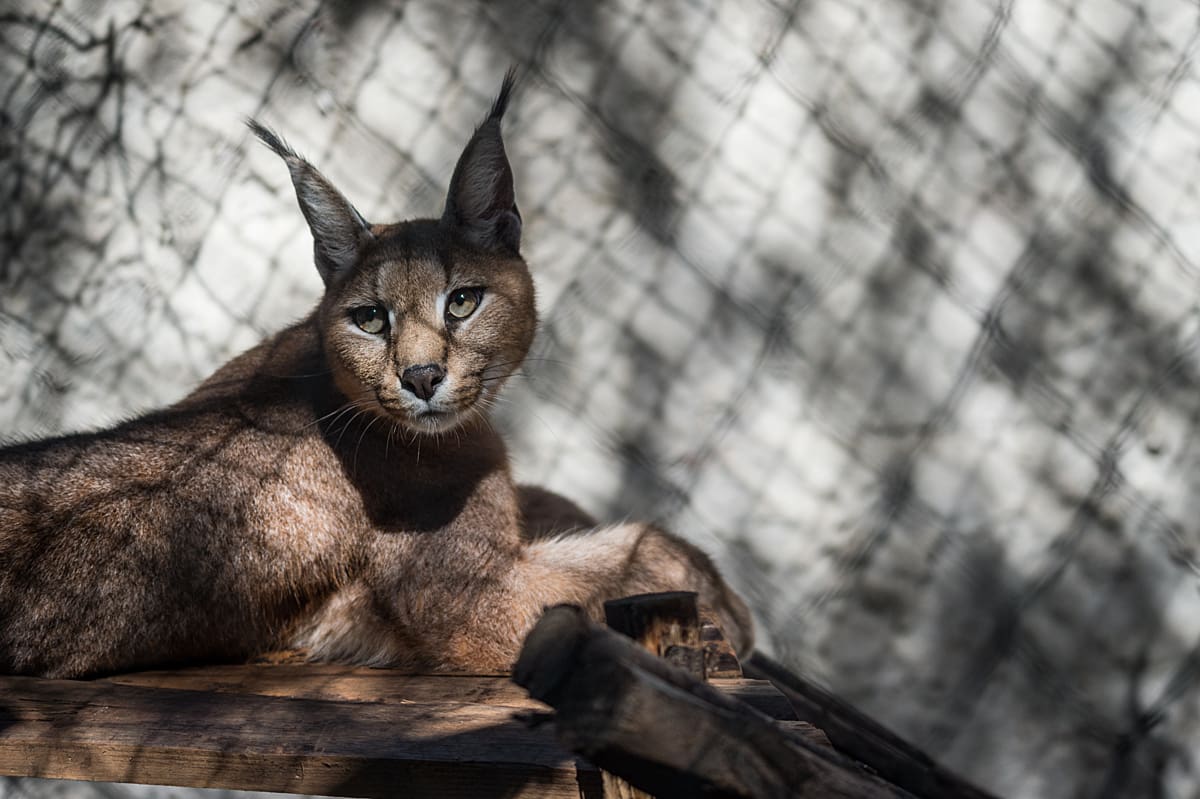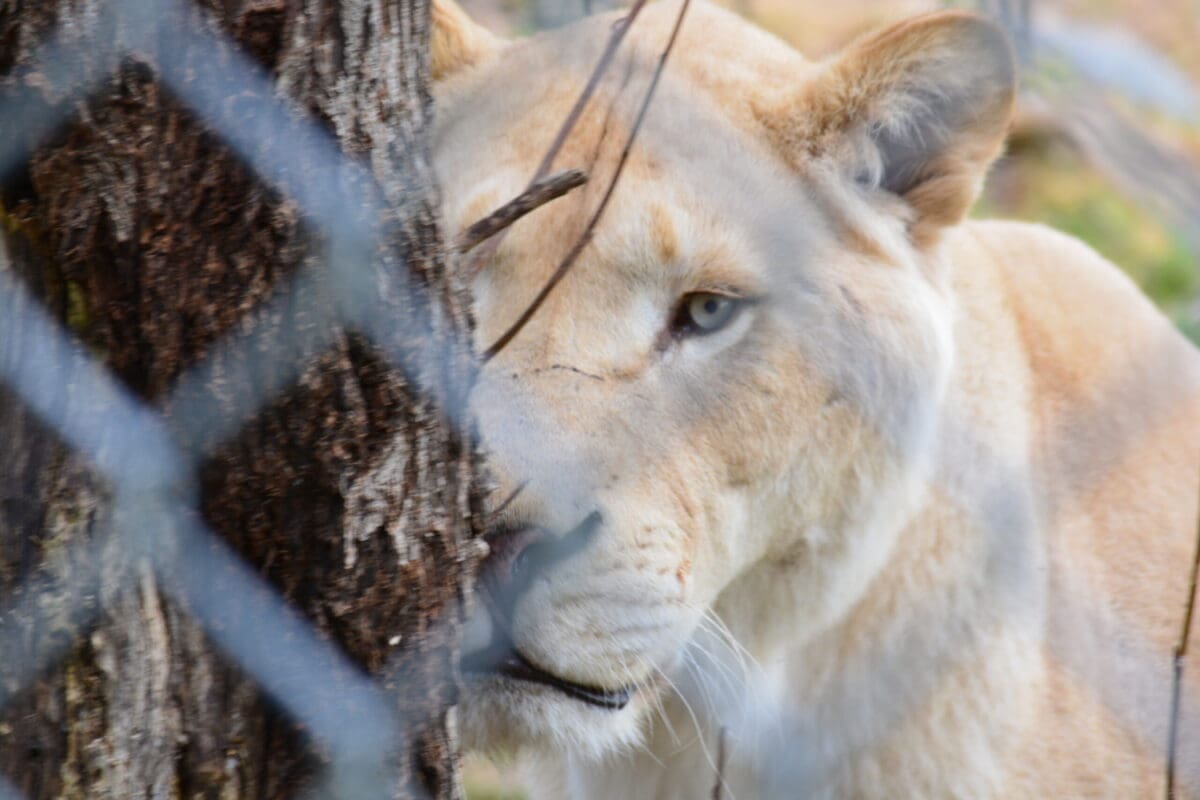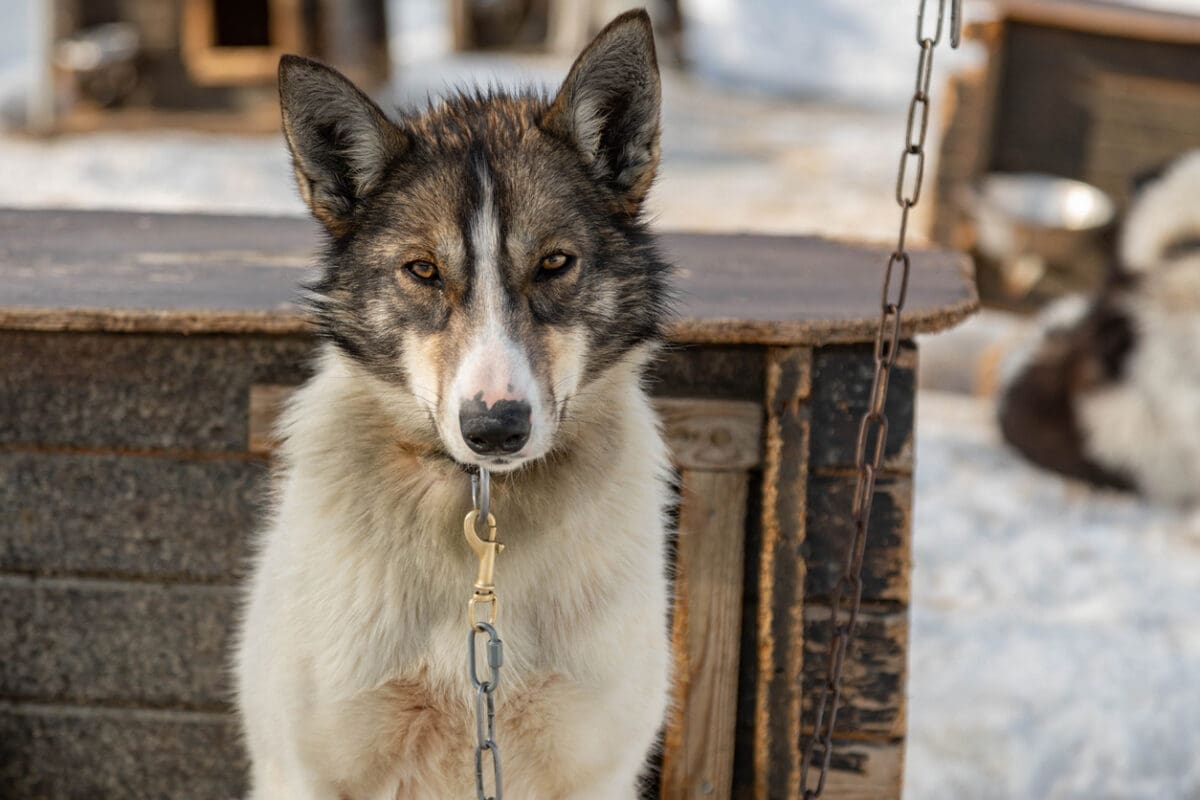Photo: Jo-Anne McArthur / Born Free Foundation / We Animals
- The B.C. government is proposing new regulations to ban the breeding, sale, and future ownership of all exotic cat species (non-native, wild cats).
- Public feedback on the ban is being accepted until September 30, 2025.
- While species like lions and tigers are already prohibited, others—such as servals, caracals, leopard cats, and ocelots—are still legal to keep as pets.
- These wild animals have complex physical and behavioural needs that are nearly impossible to meet in captivity, leading to poor welfare.
- While the proposed exotic cat ban is a strong first step, the VHS is calling on the B.C. government to extend the same protections to other exotic species that also suffer in captivity.
TAKE ACTION: Use the quick action tool below to support the proposed ban and urge the B.C. government to adopt regulations that allow only species proven suitable as pets based on scientific welfare, health, and environmental criteria.
Learn more
The B.C. government’s proposed ban
In July 2025, B.C.’s Ministry of Water, Land and Resource Stewardship announced proposed regulation changes that would ban the breeding, sale and future ownership of all exotic (non-native and non-domestic) cat species. This would include species such as servals, caracals, ocelots, European and African wildcats, Asian golden cats, fishing cats, jungle cats and marbled cats.
The B.C. government cited welfare, public safety and environmental concerns as motivating factors for the proposed ban.
Exotic cats in human care have the same natural behaviours and instincts they would in the wild, including the desire to roam, climb and hunt. They suffer compromised health and welfare when owners cannot meet their needs in captivity, and escaped exotic cats pose a threat to the public and other animals.
What would an exotic cat ban mean?
If approved, all exotic cat species would be added to the list of 1000+ exotic species already prohibited under the “Controlled Alien Species Regulations”.
The proposed ban would allow current owners to keep their exotic cats for the remainder of the animal’s life, provided they apply for a free permit and meet basic care and safety requirements. However, breeding, selling or acquiring new exotic cat species would no longer be permitted.
The Vancouver Humane Society recommends stronger regulations
The VHS supports the proposed exotic cat ban and is urging the B.C. government to extend the scope of the ban to consider all exotic species that do not thrive in human care, utilizing a positive list framework that allows only species proven suitable as pets based on welfare, health, and environmental criteria.
Similar to exotic cats, many other exotic species have complex needs and suffer compromised health and welfare when kept as pets; pose a risk to public health and safety; and can threaten native wildlife and habitat when released or escaped.
The current Controlled Alien Species Regulations (CASR) are based on a lengthy and reactive “negative listing” approach, which lists 1000+ restricted and prohibited species. The current regulations also do not include animal welfare or disease risk as considerations for which animals are prohibited.
The VHS recommends that the CASR be updated to utilize an evidence-based “positive list” framework. Positive lists are shorter and easier to understand, update and enforce. This framework would outline species allowed to be kept as pets and would be based on welfare, health, safety, and environmental criteria.
Want to learn more?
Read the VHS’s full submission to the B.C. government (opens as a PDF).



